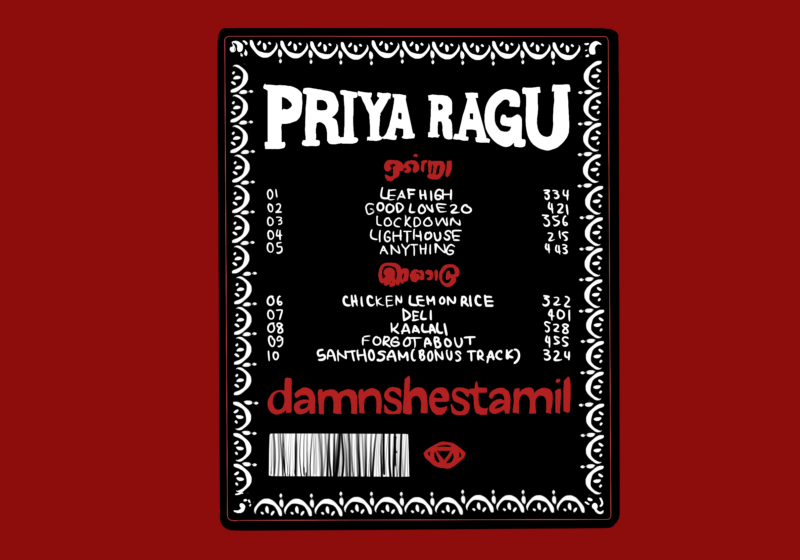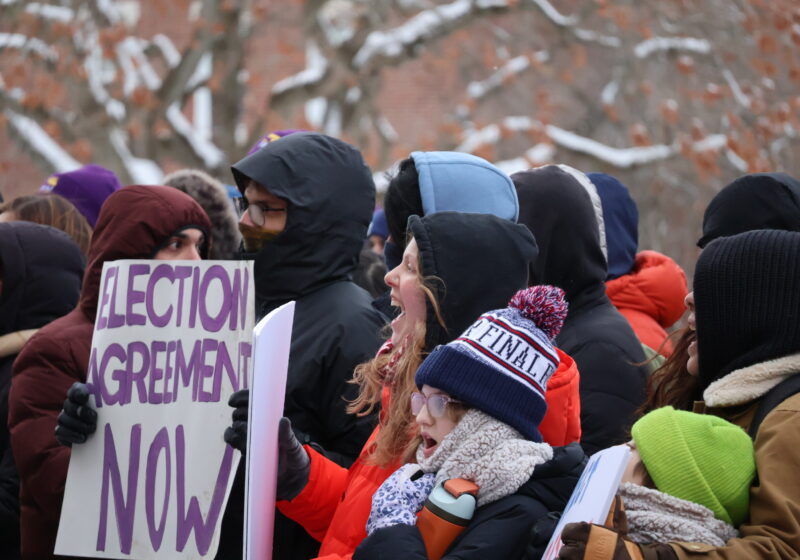UR suspended classes and sponsored several programs on Monday throughout the day to celebrate the life, teachings and legacy of Martin Luther King, Jr. for the first time in UR’s history.
Special lectures and interfaith services were offered for students and community members to learn about the civil rights movement and how it was affected by a wide array of social and political issues.
“This was the first time that the university canceled classes to remember Doctor King,” Director of Wilson Commons and Student Activities Anne-Marie Algier said. “Without classes, more students were able to participate in the events that were planned.” The inclement weather, however, prevented some students from venturing out of their dorms.
Professor of History Theodore Brown united several departments on the River Campus and UR Medical Center to bring the distinguished Rutgers University professor and author Keith Wailoo to give two presentations at the Medical Center.
Wailoo’s presentations were entitled “Dying in the City of Blues: Sickle Cell Anemia and the Politics of Race and Health” and “From White Plague to Black Death: The Strange Career of Race and Cancer in 20th Century America.”
The first program focused on how African-Americans coped with medical ailments, primarily what is now known as sickle cell anemia.
“Black people communicated their pain through music,” Wailoo said, referring to blues songs written by artists including Lizzie Douglas whose song was nicknamed “Memphis Minnie-jitis Blues.” Sickle cell anemia was often diagnosed as meningitis because some of the symptoms overlap and thereby cause confusion in diagnosis.
“It is imperative to get the science right — however, science has to be thought of in light of civic, social, economic, and political factors in order to truly get [the science] right,” Brown said. “Science is crucial, but it is not enough on its own.”
In the evening, Warner Graduate School of Education and Human Development professor, Howard Kirschenbaum spoke about his firsthand experiences with the civil rights movement of the mid-1960s.
Kirschenbaum told of African-Americans who had tried to register to vote, but were repeatedly turned away, threatened, beaten or even killed, yet no one took note — so in response, “volunteers were sent to Mississippi to help people register to vote,” he said.
“The issue needed to gain government and media attention to stop the abuse of African-Americans,” Kirschenbaum said. “Unfortunately, the only way to make people notice was to have white college students get arrested and risk getting killed.”
After years of failed attempts, the U.S. government recognized the problems facing the African-American population in the country when President LyndonJohnson sent the Voting Rights Act to Congress in 1965. In an emotional speech, Johnson proclaimed, “We shall overcome.”
Although significant progress continues to be made to end the racial divide, people are reminded of how easy it is to erase all of the good that has been done.
“I think of the rumors following the 2000 election,” Laura Shabel , a student at the Warner School of Businesssaid. “Blacks were not able to vote in certain areas, which is a terrible crime.”
While America is possibly on the brink of war, King’s legacy is particularly timely. “[Government officials] are talking about peace as a distant goal, as an end we seek, but one day we must come to see that peace is not merely a distant goal we seek, but that it is a means by which we arrive at that goal,” King said.
“We must pursue peaceful ends through peaceful means.”
The Students’ Association office put together a notice that listed all the programs. Since Martin Luther King Day happens shortly after the beginning of the semester, it was difficult to make sure that all students were aware of the programs.
“This was an important holiday to recognize and celebrate,” sophomore Nils Klinkenberg said. “I wish that the events were better publicized. I did stuff on my own because I wasn’t aware of any activities besides Morris Dees’ speech on Friday.”
“In terms of respecting Dr. King’s memory in light of current worldwide problems, now is a very important time to remember his vision of a peaceful and just world,” Klinkenberg added.
The culmination of the celebration in honor of King will be this coming Friday when civil rights attorney and activist Morris Dees gives the annual Martin Luther King, Jr. Commemorative Address in Strong Auditorium at 6 p.m. This lecture is part of events scheduled for Black History Month.



